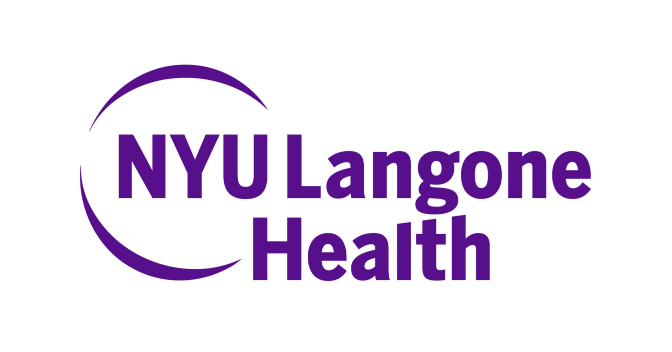
OR WAIT null SECS
David P. Hudesman, MD: An Exciting Time to Treat IBD
The approval of risankizumab represents the first ever IL-23 approved by the FDA for IBD.
The advent and explosion of biologics in drug development for the treatment of inflammatory bowel disease (IBD) has transformed gastrointestinal care.
In recent years a plethora of new drugs have come on the market for both Crohn’s disease and ulcerative colitis, with many more expected in the years to come.
Recently, the approval of risankizumab (SKYRIZI) for the treatment of adult patients with Crohn's disease by the US Food and Drug Administration (FDA) represented the first interleukin-23 (IL-23) approved for IBD.
In an interview with HCPLive®, during the 2022 American College of Gastroenterology (ACG) Annual Meeting in Charlotte, David P. Hudesman, MD, Medical Director of the Inflammatory Bowel Disease Center at NYU Langone Health, explained how this approval could open the door for more IL-23 treatments in the coming years.
Hudesman said the IL-23 might open up a pathway for more personalized or precision medicine in the future.
While the risankizumab apprval could end up being a milestone, there was other big data presentations during the recent meeting, particularly about ustekinumab and upadacitinib.
Hudesman also spoke about the positive data involving those 2 medications and discussed some gaps he’d like to see closed in IBD research.
“As all these new agents come to market, we’re still not pushing or breaking that therapeutic ceiling,” Hudesman said. “Hitting those patients harder upfront maybe we can get higher than 80% remission rates and then back off 6 months later.”
Related Content:



